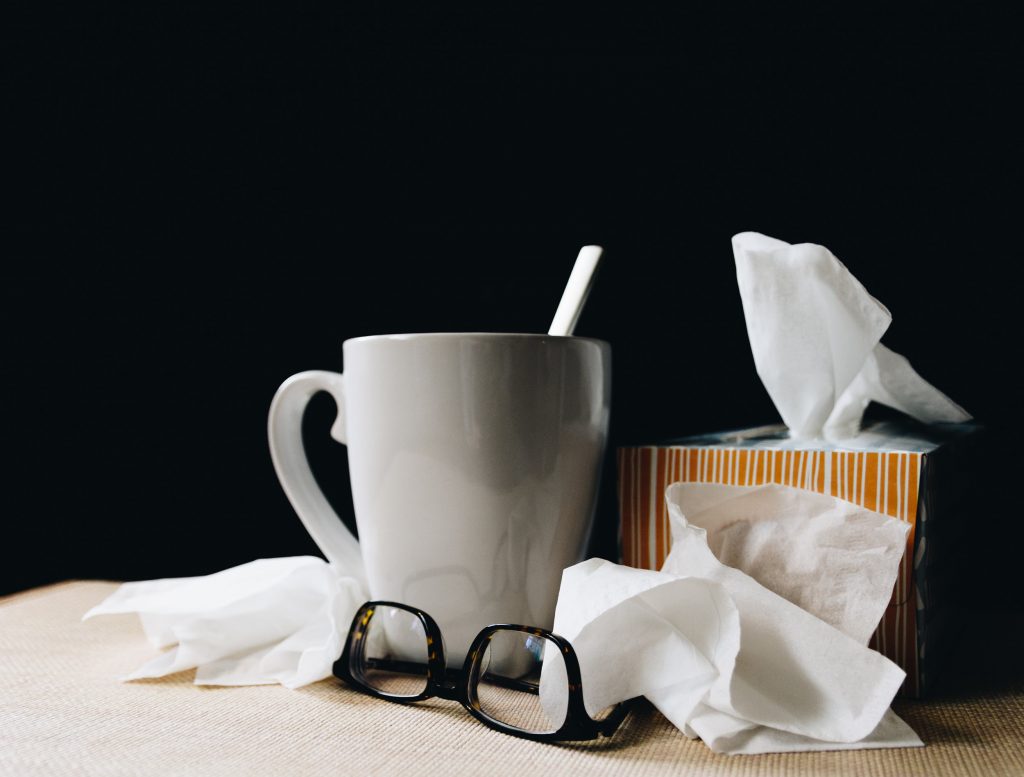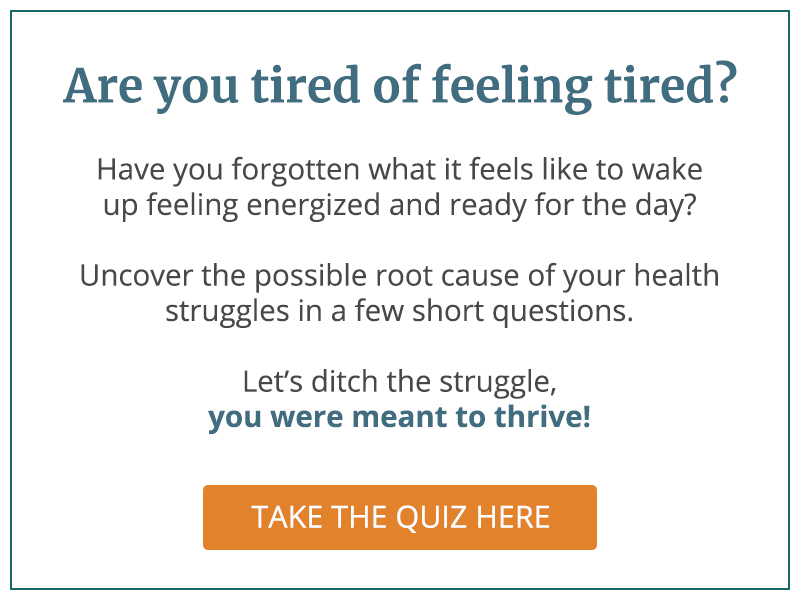Unless you’ve been on a strict news fast for the past several weeks, you’ve probably heard of the Wuhan coronavirus, a new respiratory illness that originated in Wuhan, Hubei Province, China. It’s been officially named 2019 Novel Coronavirus (2019-nCoV).
Coronaviruses are nothing new. They are quite common around the world, and they can infect both people and animals. A coronavirus known as severe acute respiratory syndrome (SARS-CoV) caused a similar panic when it began to spread in 2003. There have been no reported cases of SARS-CoV since 2004. Middle East Respiratory Syndrome (MERS-CoV) is likewise a coronavirus that was first discovered in Saudi Arabia in 2012.
While the World Health Organization has declared the Wuhan coronavirus a global health emergency, and Americans returning from Wuhan, China have been placed in a mandatory 14-day quarantine by the Centers for Disease Control and Prevention (CDC), the immediate threat to the United States remains low.
There are currently only 6 confirmed cases in the entire United States. 2 in Illinois, 2 in California, 1 in Arizona, and 1 in Washington state. The 2nd case in Illinois is the first person-to-person transmission of the virus stateside, between husband and wife.
As of today (February 1, 2020) the new coronavirus is causing quite a stir because it has caused 259 deaths from the approximately 12,000 reported cases. This translates to an approximately 2% mortality rate. Health officials estimate that up to 75,000 people in China may have the virus but haven’t been diagnosed yet.
Worldwide, however, the influenza virus kills about 400,000 people each year worldwide. This translates to a mortality rate below 1%.
What Are The Symptoms Of Wuhan Coronavirus?
Some people who have contracted the Wuhan coronavirus have only experienced very mild symptoms.
Others seem to have a host of serious symptoms, including:
- Fever
- Difficulty breathing
- Pneumonia
- In severe cases, organ failure
The virus can be spread for 24 hours before symptoms even develop, and another week after symptoms manifest.
Just like with the flu, the elderly and those with compromised immune systems or existing respiratory issues are at the greatest risk of developing complications from the virus.
What Is The Treatment For Coronavirus?
It’s important to note that just like with any virus, the best treatment is prevention. Cultivating a strong immune system before illness attacks is the most effective way to avoid getting sick.
When it comes to viruses, antibiotics won’t do a thing to fight them, since they destroy bacteria and not viruses.
Anti-viral treatments for the flu virus can shorten the illness by a day or two. It’s important to note that they do often come with side effects, including nausea, vomiting, diarrhea, nervousness, and difficulty breathing. For someone with asthma or other existing conditions that make breathing more difficult, please advise your doctor of this before taking anti-viral medications.
If a person were to be hospitalized for a virus, such as a coronavirus or the flu, treatment would be focused on supporting the immune system, preventing dehydration, and administering nutrients.
How To Boost Immunity
The best way to avoid getting sick with the flu or a cold is to ensure your immune system is always in tip-top shape.
As I explain more in-depth in my book, Built to Thrive, getting enough sleep on a regular basis and keeping your gut microbiome strong are two of the easiest ways to have a nice insurance policy for when germs do come your way. Regular exercise also helps to keep your immune system at its best.
Some of my other favorite things to add to my routine this time of year include:
- Zinc
- Bone Broth
- Reishi Mushrooms
- Vitamin A
- Elderberry syrup
- Echinacea/goldenseal
- High dose vitamin C – 1000 mg
- Steam inhalation
- Sinus massage for congestion
Good Personal Hygiene For Flu Season And Beyond
It’s also important to remember that simple acts of personal hygiene can go a long way towards the prevention of the spread of germs.
Always, always, always wash your hands, especially after using the restroom, or touching handrails or other frequently used items in public spaces. Please, try to get out of the habit of touching your face, mouth or nose. These are the primary ways germs enter our bodies.
If you are traveling to a country that is currently affected by the new coronavirus, take a mask, and be sure to avoid contact with the ill if at all possible. Load up on the bone broth, vitamin C, zinc, elderberry syrup, echinacea, vitamin A, and reishi mushrooms. Be sure to get plenty of rest.
If You Get Symptoms
If you have recently traveled to China, or have been in contact with someone who is infected with the coronavirus, and you begin to experience symptoms of the Wuhan coronavirus, seek medical care immediately.
Otherwise, there is no reason to panic about the coronavirus if you experience mild respiratory symptoms. Treat any signs of illness as you usually would this time of year, they are more likely the result of the common cold or the flu than something more exotic.
If you’re interested in keeping up to date with the latest on the coronavirus and for more tips on how to cultivate the strongest immune system possible, I invite you to join my mailing list so I can keep you up to date with the best functional medicine has to offer. Educating others and helping them create vibrant health is my mission — and I’d love to have you as part of my community!
References
“2019 Novel Coronavirus(2019-nCoV) in the U.S. | CDC.” 31 Jan. 2020, https://www.cdc.gov/coronavirus/2019-ncov/cases-in-us.html.
“SARS | Home | Severe Acute Respiratory Syndrome … – CDC.”
https://www.cdc.gov/sars/index.html.
“Middle East Respiratory Syndrome (MERS ….)”
https://www.cdc.gov/coronavirus/mers/index.html.
“New coronavirus outbreak: WHO declares it a global public ….” 30 Jan. 2020, https://www.nbcnews.com/health/health-news/new-coronavirus-outbreak-declared-global-public-health-emergency-who-says-n1126836.
“Coronavirus: CDC Puts Americans Who Left Wuhan Into – NPR.” 31 Jan. 2020,
“Coronavirus: 1st Person-To-Person Spread Has Occurred In ….” 30 Jan. 2020, https://www.npr.org/sections/health-shots/2020/01/30/801235064/1st-person-to-person-spread-of-coronavirus-has-occurred-in-u-s-cdc-says.
“Global mortality associated with seasonal … – NCBI – NIH.” 22 Oct. 2019, https://www.ncbi.nlm.nih.gov/pmc/articles/PMC6815659/.



